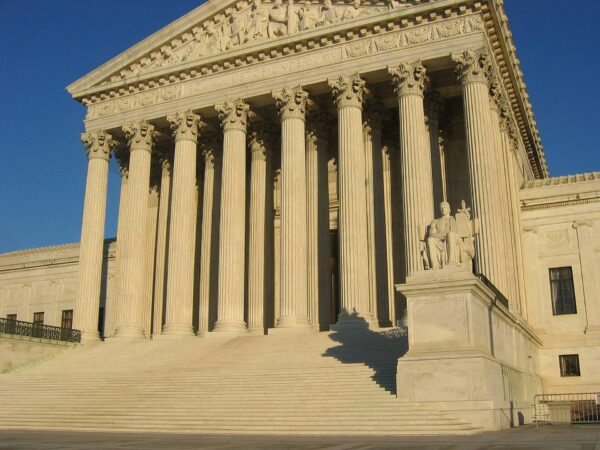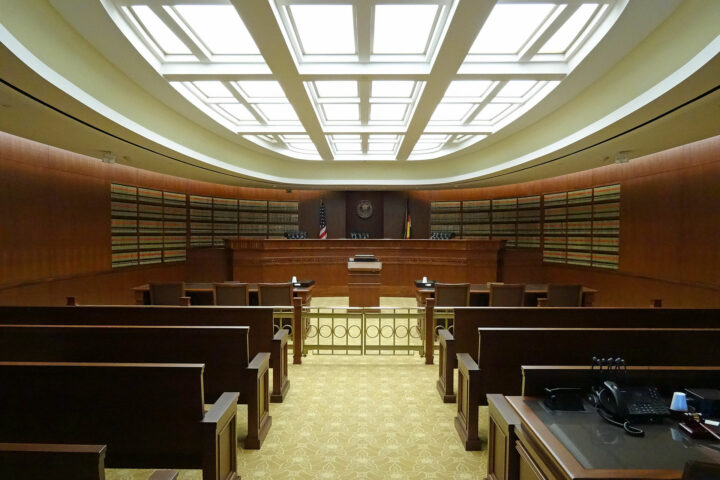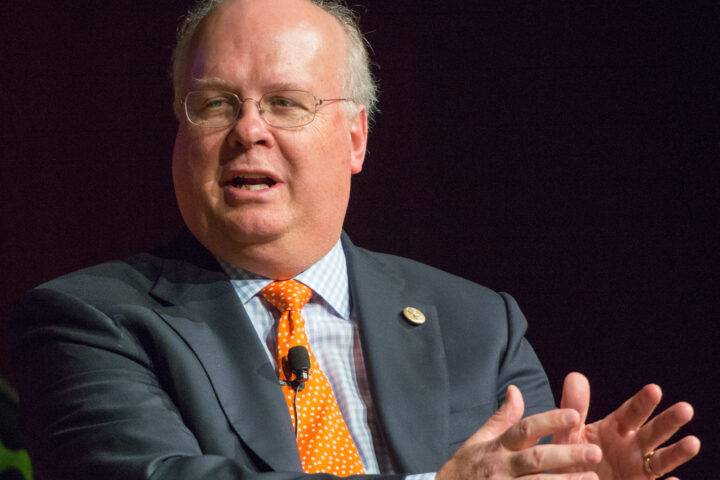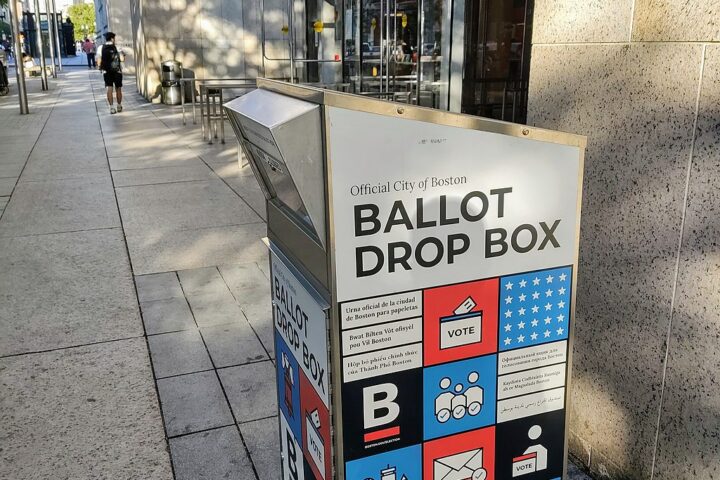In a landmark case that pitted the interests of LGBTQ non-discrimination against First Amendment freedom, the Supreme Court has now reportedly ruled that a Colorado graphic designer who wants to develop wedding websites is not required to do so for same-sex weddings.
The state’s anti-discrimination statute, which forbade companies offering sales or other accommodations to the public from refusing service on the basis of a customer’s sexual orientation, was challenged in court by artist Lorie Smith, who won her case 6-3 on Friday.
Smith claimed that the statute violated her First Amendment rights by compelling her to spread statements that go against her steadfast religious beliefs.
The case of 303 Creative LLC v. Elenis gained widespread attention because it had conflicting demands for the First Amendment rights of free expression and equality for LGBTQ people.
The Colorado Anti-Discrimination Act (CADA) forbids companies offering goods or services to the general public from turning away customers based solely on their identification. CADA proponents contend that the law is essential to prevent discrimination in the workplace.
Smith has remained adamant throughout the lawsuit that dealing with the LGBTQ community is nothing but a pleasure, but not for homosexual weddings.
This is the second time a Supreme Court lawsuit has focused on CADA. Owner Jack Phillips of the bakery Masterpiece Cakeshop lost a legal battle in 2018 over his refusal to design and make cakes particularly for homosexual weddings.
[READ MORE: Hunter Biden’s Agrees to Settlement with Mother of Estranged Child over Child Support Payments]








